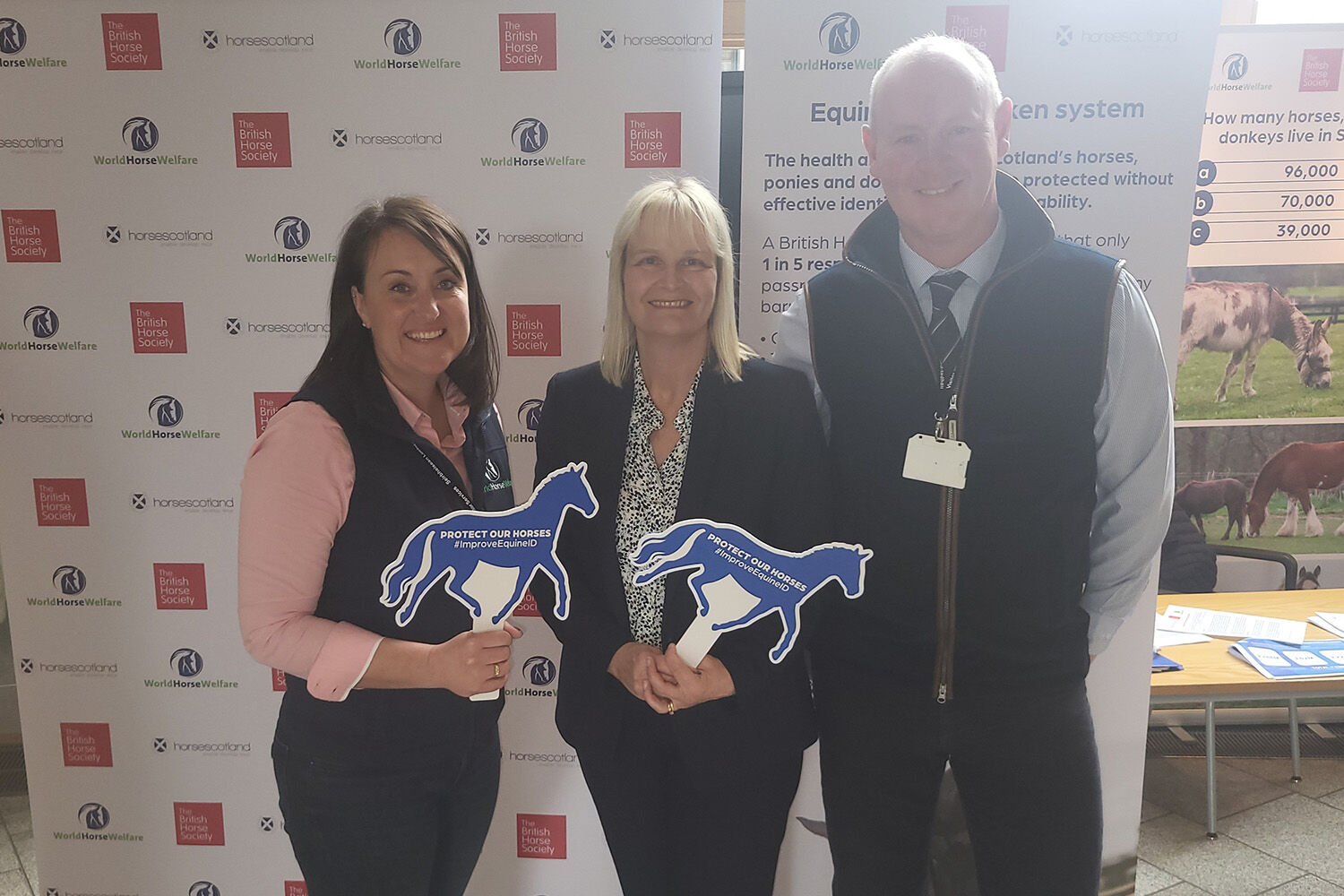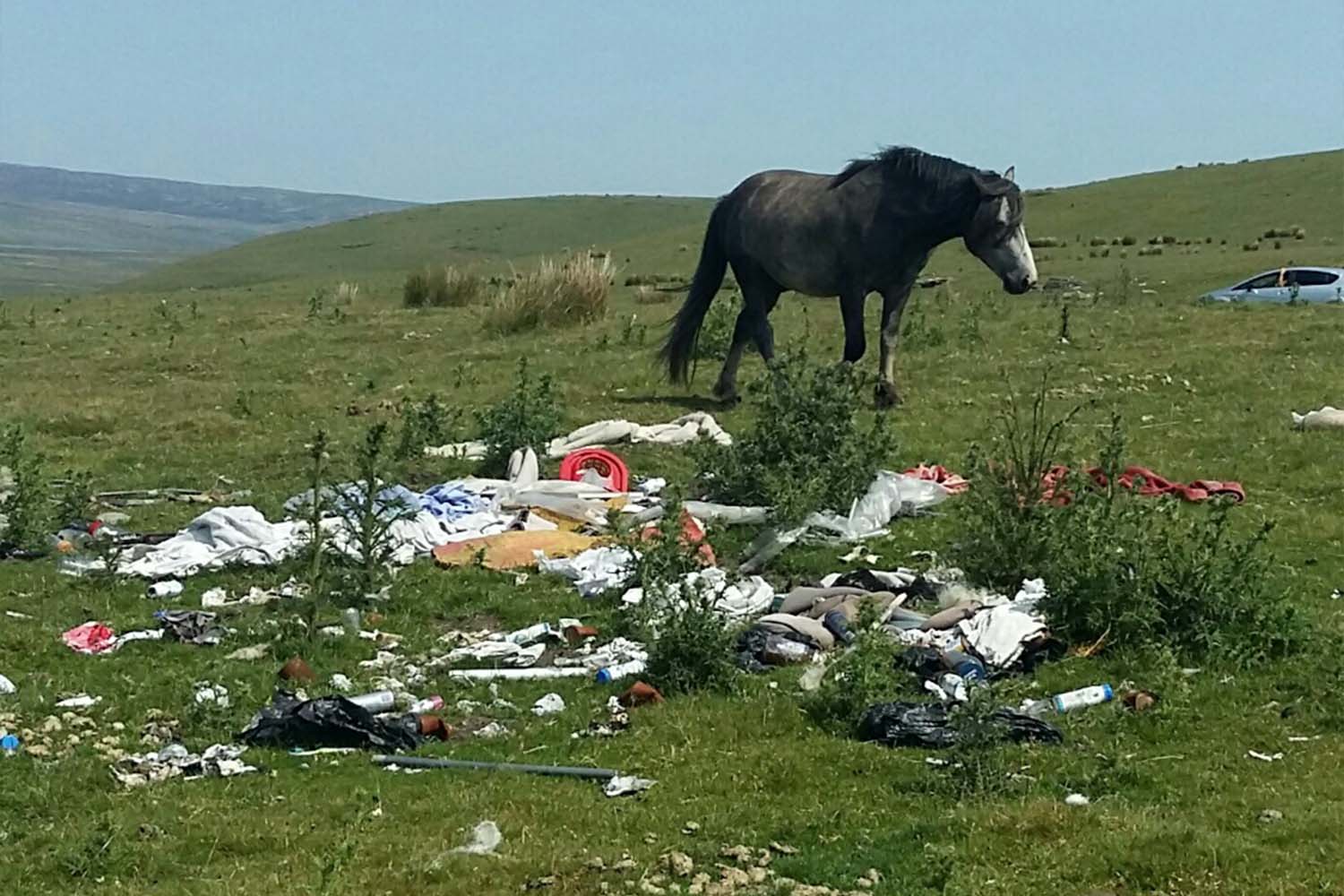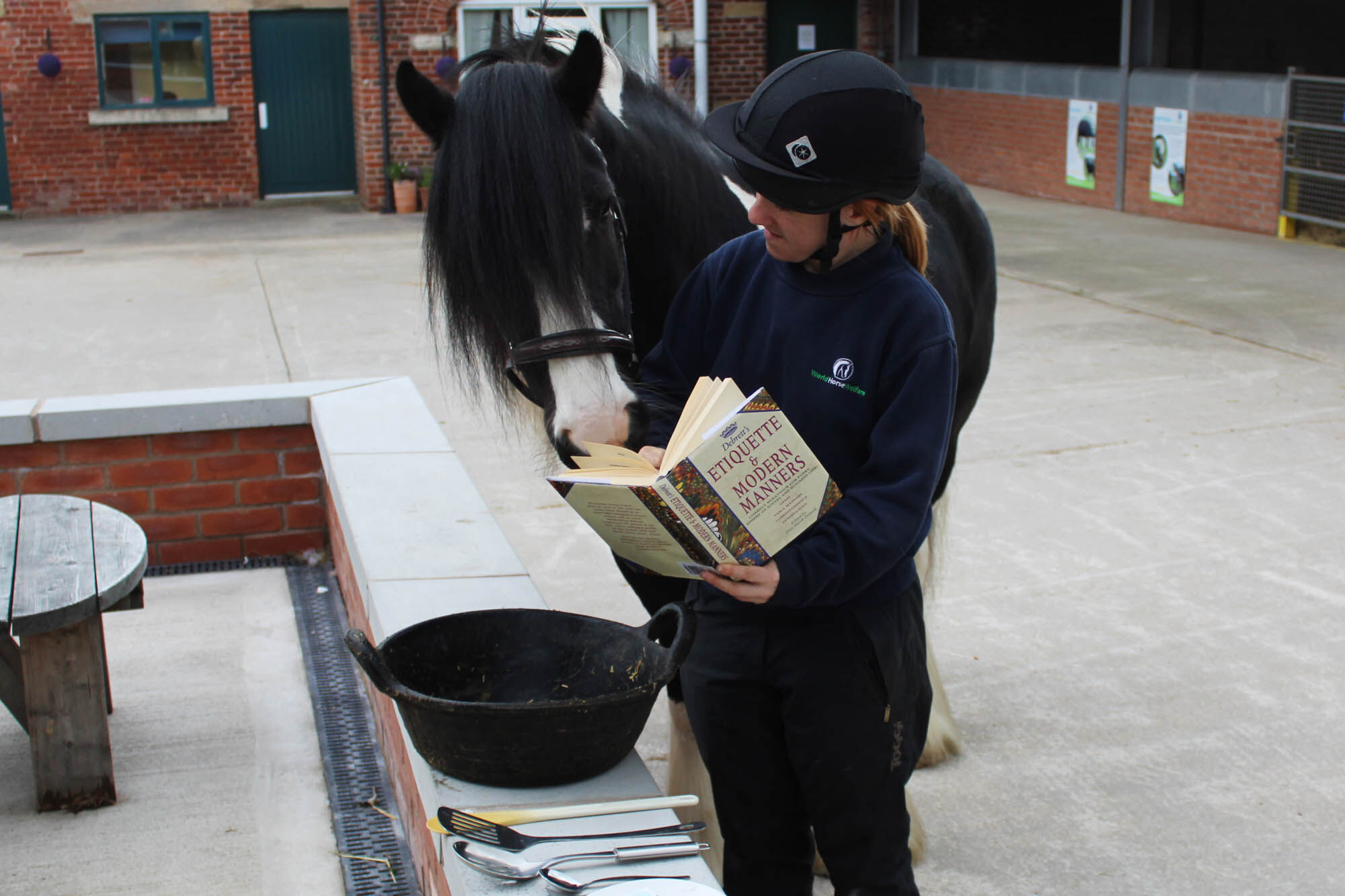World Horse Welfare welcomes scientists’ report on transportation
Campaign to end the long-distance transportation of horses to slaughter in Europe receives a boost with publication of recommendations from a panel of experts that include a cap on journey times and improved welfare conditions for horses.
Posted on 09/03/2011

World Horse Welfare’s campaign to end the long-distance transportation of horses to slaughter in Europe has received a boost with the publication of recommendations from a panel of experts, which include a cap on journey times and improved welfare conditions for horses.
Scientists at the European Food Safety Authority (EFSA) have made a number of recommendations for improvements to current EU welfare legislation for horses and other animals during transport. EFSA’s findings will inform a report being produced by the European Commission on the current Regulation, due out in the autumn.
World Horse Welfare informed EFSA’s report by submitting evidence from its own research and field investigations. Many of the charity’s campaign priorities have been explored within the recommendations, including journey limits, space allowance, water provision and partition design, demonstrating the importance of the charity’s on-going scientific research.
Jo White, Director of Campaigns at World Horse Welfare, said that the recommendation for a 12 hour journey limit for horses destined for slaughter was extremely welcome.
“To have this introduced and then robustly enforced could bring an end to the stress, exhaustion and suffering the charity sees during investigations along Europe’s slaughter routes. We’re delighted that our evidence was referred to in the final report. We now call on the European Commission to work quickly towards the introduction of short, finite journey limits, which could end the single biggest abuse of horses in Europe.”
Jo White, World Horse Welfare Director of Campaigns
World Horse Welfare is also pleased to see the inclusion of other recommendations that would improve welfare conditions, many of which were put forward by the charity in its package of evidence. These include: providing water before and after the journey and continual access to an unrestricted supply of clean drinking water during the whole of any rest period, ensuring all horses are transported in individual partitions (with some exceptions) and undertaking research to improve the design of partitions. EFSA also recognises that space allowance needs to be tackled, which is a step in the right direction.
“We are very pleased EFSA has taken note of our evidence and developed recommendations that will improve the current situation. This not only shows the current Regulation does not go far enough, but that improvements are essential to horse welfare. Every year this is left unchanged, tens of thousands of horses suffer needlessly.”
Roly Owers, World Horse Welfare Chief Executive
You can read the EFSA Report here.
Topics
Related News

MSPs from all political parties urged to support an improved equine ID system
Exhibition at the Scottish Parliament highlights the importance of a digitalised equine ID system

Window of opportunity for better welfare for equines in Scotland and Wales
World Horse Welfare has launched a new campaign #ActNow4Horses, targeting a political window of opportunity to push for better welfare for horses in Scotland and Wales.
Recommended Blog Posts

Frodo’s journey to Royal Windsor
Frodo's groom Nicolle picks up the story as Frodo prepares to go to Royal Windsor Horse Show.

Celebrating our London Marathon runners
We catch up with our six runners to see what running the London Marathon is really like.

Social licence – how the perception of horse riding has changed
With a recent survey revealing some startling findings about perceptions of the welfare of horses in sport, the horse world has plenty to discuss.
Enjoy reading stories like this?
Join over 55,000 other horse lovers and sign up for our email newsletter

Join over 55,000 other horse lovers and sign up for our email newsletter
Sign me up now